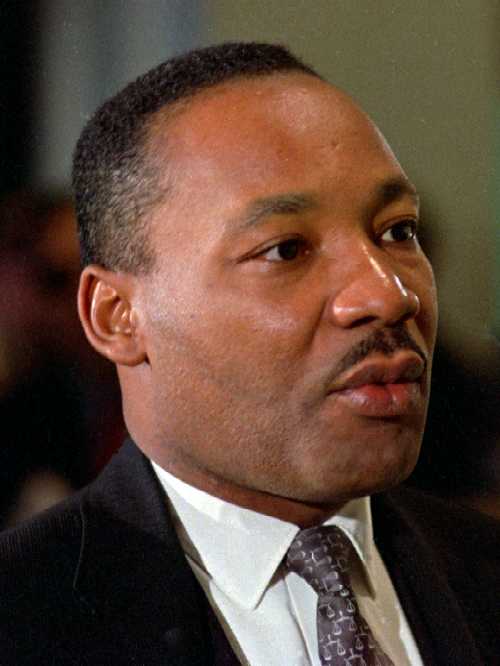HARLINGEN — Martin Luther King Jr. was a Baptist minister and key player in the civil rights movement of the 1960s.
He served a major role in the Montgomery Bus Boycott in the mid 1950s and the March on Washington in 1963. These events are credited with promoting the Civil Rights Act of 1964 and the Voting Rights Act of 1965.
The Montgomery Bus Boycott began in December 1955 when Rosa Parks refused to give up her seat to a white passenger on a bus. A boycott of the city’s busses ensued for 381 days.
The coordinators chose King as their leader and spokesperson. The Supreme Court ultimately ruled in November 1956 that segregated seating on public buses was unconstitutional. In the midst of this, King became a proponent of organized, non-violent resistance, influenced by Mahatma Gandhi.
The following year, he and other activists founded the Southern Christian Leadership Conference. The organization’s purpose was to achieve equality for African Americans through nonviolence.
Birmingham, Alabama, at this time was one of the most racially-divided cities in the country. Activists decided to protest this in what became known as the Birmingham campaign of 1963. They held a boycott, sit-ins and marches to protest segregation and unfair hiring practices. King was arrested for his involvement on April 12. From the Birmingham jail, he wrote eloquently about civil disobedience.
Later that year, King and several other groups organized the March on Washington for Jobs and Freedom. This march is best remembered for King’s “I Have a Dream” speech on the steps of the Lincoln Memorial. Later that year Time Magazine named him Man of the Year. In 1964, He became the youngest person at that time to be awarded the Nobel Peace Prize.
In early 1965, several attempts were made to march from Selma to Montgomery to protest efforts to prevent black people from voting. Alabama state troopers attacked the marchers with whips and tear gas. The marchers were turned back several times before President Lyndon Johnson intervened and provided them protection. At least two people were killed.




